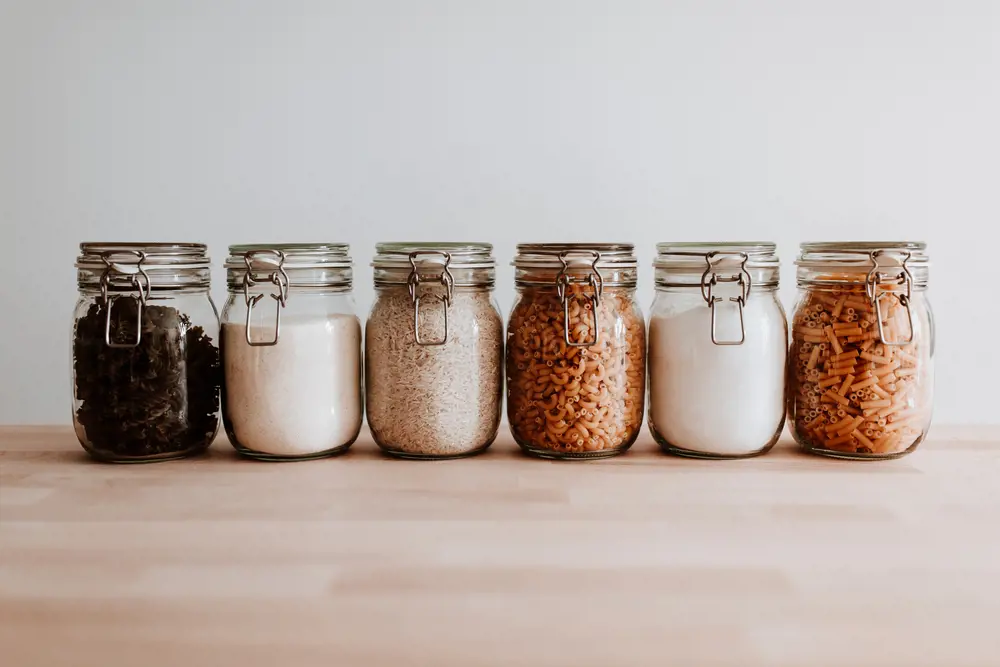
Looking after your joints
As when we start to age the wear and tear over the years can take its toll on our joints. So how can we help look after them?
By Bio Island Nutrition Team
The importance of looking after your joints cannot be emphasised enough as when we start to age the wear and tear over the years can develop as arthritis, osteoarthritis, and osteoporosis. This can be caused by simple things like carry the groceries into the house, or even lifting things the wrong way. Damage to the joints can be anything from inflammation, wear or tear to the cartilage and surrounding muscles and tissues.
Signs that may occur to indicate you should probably start looking after your joints, if you aren’t already, are if you are experiencing joint pain, tender to touch, if it takes you sometime to get moving, if your joints click or crack, you aren’t very flexible, overweight or if your work has an impact on your joints, regular high impact exercise and a family history of arthritis or osteoporosis.
Key interventions can be implemented to help look after your joints. This can include weight management, exercise, stretching, diet and supplementation when advised by a healthcare professional.
Maintaining a healthy weight is important when looking after our joints as it helps keep the stress off your knees and hips. This can be achieved by regular exercise. Especially aerobic exercise as it has been shown to help maintain a healthy weight range and helps get your heart pumping which then boosts your blood flow, which keeps your cartilage well nourished. This also helps build the muscles around your joints. By building up muscles it takes away the pressure from the joints as well as building a cushioning around the joint. When exercising its also important to wear the right shoes as they are made to make sure we are supported, as well as they reduce impact when we hit the ground to help reduce the risk of stress fractures and joint pain.
Choose activities that you enjoy such as;
- Yoga
- Swimming
- Walking
- Tai chi
- Pilates
- Weight training
- Dancing
Stretching every day for around 10 minutes a day will help improve your ability to move your joints as well as assist with recovery and stiffness after exercise, it will also help protect the cartilage from more wear and tear. Make sure to stop any exercises or stretching that causes excessive or unusual pain.
Diet is a key intervention when thinking about our joints, as gluten, sugary drinks, caffeine and processed foods are associated with inflaming joints, which can make the pain a lot worse than it actually is. So, aiming for sufficient intakes of water, leafy greens, nuts, green tea, turmeric, along with omega 3 fatty acids such as salmon and tuna, as all those delicious fatty fishes are going to help alleviate the pain as they are high in antioxidants and have anti-inflammatory processes.
Fortified foods or supplementation may be recommended by your healthcare professional to maintain joint health this may include EPA/ DHA, curcumin, boswellia, calcium and glucosamine. All have different functions in the body that can assist with maintaining good joint health.
This information does not take into account your personal situation and is general in nature. You should consider whether the information is appropriate for your needs and seek professional medical advice.
Always consult your healthcare professional before taking any supplements or if any concerns arise.






